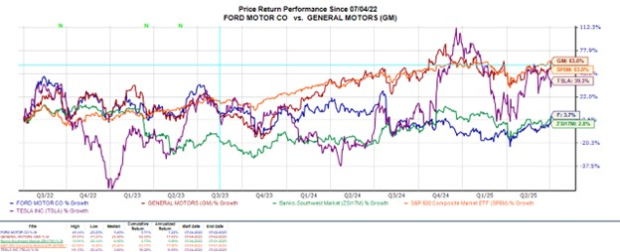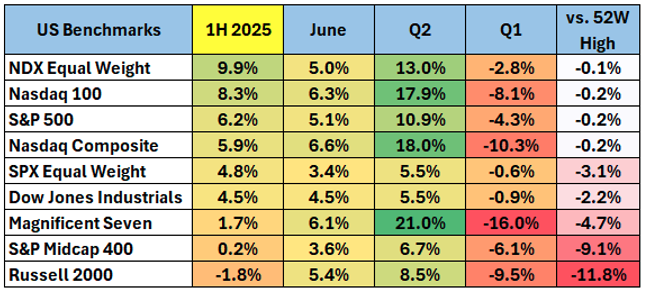
straga/iStock via Getty Images
U.S. natural gas spot prices experienced a significant surge on Friday, fueled by the anticipation of extreme cold weather that is set to affect a large portion of the nation, including Texas. This drastic weather shift is expected to drive up the demand for heating, resulting in a remarkable spike in prices.
Reports from Bloomberg indicated that Henry Hub spot prices for the long weekend soared to as high as $17 per million British thermal units (MMBtu) on Friday. These prices traded in a range of $15 to $17, a stark contrast to the prices of the most actively traded futures, which stood at slightly over $3 per MMBtu for next month’s delivery.
The front-month Nymex natural gas (NG1:COM) recorded a significant settlement, surging by 6.9% and jumping 21.6 cents, marking its most substantial one-day dollar gain since October 31. The settlement value reached $3.313 per MMBtu, the highest since November 3, and witnessed a weekly gain of 14.5%.
Gas-focused equities also experienced gains, with Southwestern Energy (SWN) surging by 4.3%, Chesapeake Energy (CHK) by 4.1%, Comstock Resources (CRK) by 3.3%, Antero Resources (AR) by 3.1%, Range Resources (RRC) by 2.7%, EQT Corp. (EQT) by 2.1%, and Coterra Energy (CTRA) by 1.5%.
“National demand will surge to very strong levels late this weekend through next week as the Arctic shot sweeps across the U.S. with lows of -20s to 30s,” highlighted NatGasWeather.com, also noting the likelihood of “hard freezes deep into Texas and the South.”
LSEG, a data provider, projected that U.S. gas demand in the Lower 48 states, including exports, is expected to surge to 160.1 billion cubic feet (cf) per day in the upcoming week from 136.5 billion cf per day this week. Subsequently, it is forecasted to decline to 149.6 billion cf per day in two weeks as milder weather conditions return.
The anticipated cold spell also has the potential to impede gas production, further bolstering prices. Eli Rubin of EBW Analytics expressed the possibility of a national surge in spot market demand by 25-30 billion cf per day into Tuesday, with potential supply limitations arising from gas production freeze-off risks simultaneously.
The escalations earlier in the week were partly prompted by a draw on inventories that exceeded expectations. Inventories dipped by 140 billion cf to 3.336 trillion cf during the week ending January 5.






